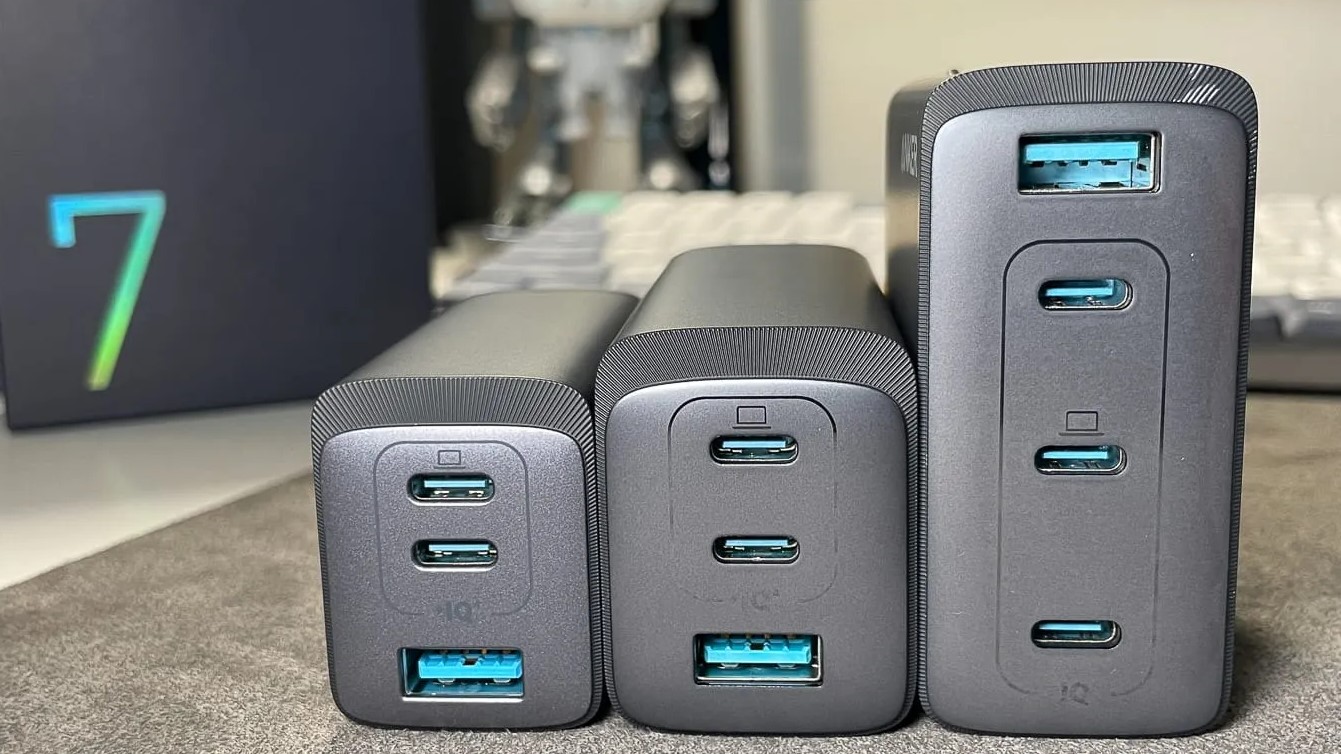Astra’s stock dropped substantially in Monday trade after a weekend mission containing NASA spacecraft that struggled to reach orbit.
On Sunday, Astra‘s rocket LV0010 lifted off from Cape Canaveral’s launch complex 46, carrying two satellites for NASA’s TROPICS-1 mission. The mission proceeded well for the first half, but the upper component of the rocket’s engine failed early, and the business was unable to release the satellites.
Astra stated in a securities report that it is analyzing satellite data to understand the underlying cause of the anomaly and will offer more information as soon as it becomes available.
The shares of Astra plummeted as much as 25% from its earlier estimate of $2.02 per share. The failure of the TROPICS-1 mission is the company’s second in 3 attempts this year.
According to Astra CEO Chris Kemp, NASA requires 4 of the scheduled 6 TROPICS satellites in space for the mission to be successful. Therefore, “the next two launches must work.” TROPICS-1 was just one of three NASA-awarded missions to Astra.
In the launch market, the company’s aircraft measures 43 feet in height and is classified as a small rocket. Astra aims to introduce as many of its small launchers as possible, with the target of launching one rocket each day by 2025. Its current price tag is $2.5 million.
Astra wants to build a dozen Rocket 3 series spacecraft, with the first four already in the works.
Kemp stated that these items would roll off the manufacturer every month. By the end of this year, they hope to have established a monthly cadence and then ramp up from there. For 2022, they have 15 launches planned.
After finalizing a SPAC merger last year, Astra came out publicly to raise funding to expand the productivity of its small rockets, increase its premises in Alameda, California, and develop its satellite and space station business lines, reported by CNBC.



